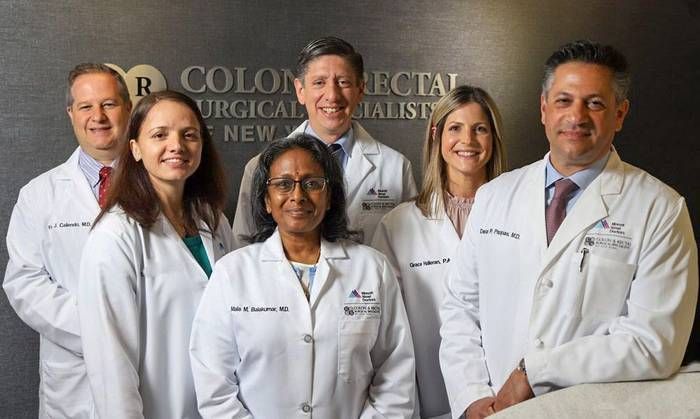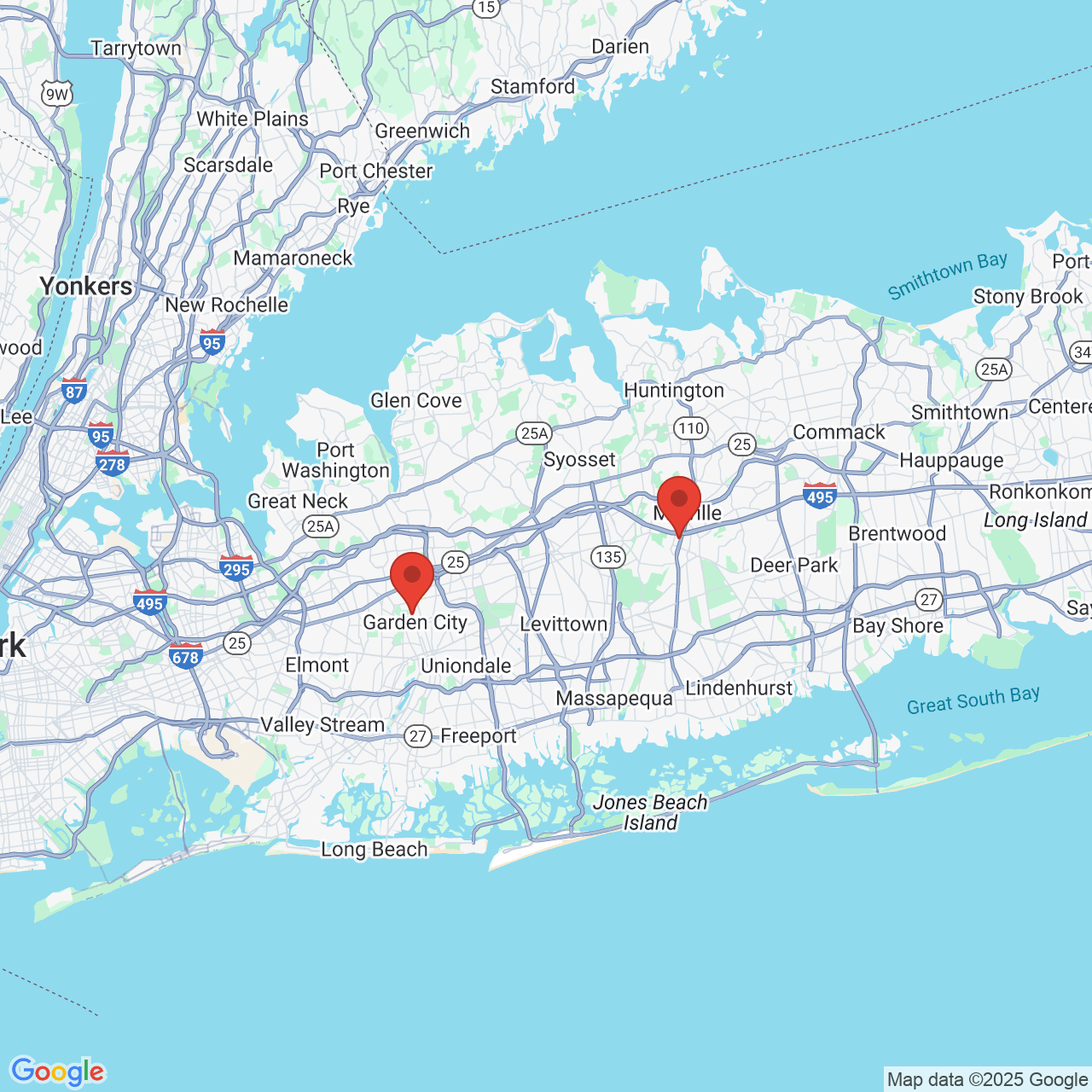BY FRANK CALIENDO M.D.
The team at Colon & Rectal Surgical Specialists of New York is always focused on addressing pain and restoring wellness to patients no matter what condition they suffer from. Serving all of Long Island, countless patients have turned to us when facing serious medical problems that affect the colon, rectum, and digestive tract.
Abscesses can be a cause of serious anal pain and other medical problems. Let’s take a moment to consider the causes and symptoms of anal abscesses and how they can be professionally treated.
About Anal Abscesses
An anal abscess occurs when pus accumulates and develops around a person’s anus. The most common type of anal abscess is a perianal abscess, in which a boil-like swelling of tissue develops near the anus. These abscesses may appear red and feel warm to the touch. Keep in mind that it’s atypical for abscesses to develop in deeper tissues near or in the anus.
Roughly half of all people who experience an anal abscess will face a subsequent problem known as an anal fistula. In essence this means a small passage that forms between the anal abscess and the patient’s skin.
Anal abscesses and fistulas can be very painful, and will often require professional attention for treatment.
Causes of Anal Abscesses and Potential Risk Factors
The most common causes of anal abscesses include:
- Infection
- Blocked anal glands
- Sexually transmitted infections
There are certain factors, actions, and conditions that can make anal abscesses more likely. These risk factors include the following:
- Diabetes
- Colitis
- Inflammatory bowel disease (e.g., Crohn’s disease, ulcerative colitis)
- Pelvic inflammatory disease
- Anal intercourse
- Diverticulitis
Research has shown that using a condom during anal intercourse can reduce the chances of developing an abscess and/or fistula. In addition, frequent diaper changes and proper hygiene can help reduce the risk of anal abscesses affecting babies and toddlers.
Signs and Symptoms of Anal Abscesses
The most common signs and symptoms of anal abscesses include:
- Constant and throbbing pain, especially when sitting
- Irritated skin near the anus
- Swelling
- Redness
- Tenderness
- Pus or discharge
- Constipation
Anal abscesses that affect deeper tissues of the anus can also lead to chills and fever.
Treatment Options for Anal Abscesses
In the vast majority of cases, treatment for an anal abscess will involve surgical drainage. When a person suffers from a superficial anal abscess such as a perianal abscess, the drainage procedure can be performed using local anesthetic in the doctor’s office. When the anal abscess affects deeper tissues or is particularly large, the drainage procedure may require general anesthesia and hospitalization.
Following the surgical drainage, patients will be typically be given pain relievers to aid in the recovery process.
If a fistula is present, sometimes that can be addressed at the same time as the drainage of the abscess. In most cases, the fistula may develop weeks or months after the abscess is treated, requiring a separate surgical treatment.
Schedule a Consultation at Colon & Rectal Surgical Specialists of New York
To learn more about prevention and treatment of anal abscesses as well as other matters related to your general health and wellness, we encourage you to contact our team of colon and rectal surgery experts today. The team at Colon & Rectal Surgical Specialists of New York will work closely with you to ensure optimal health and wellness.

